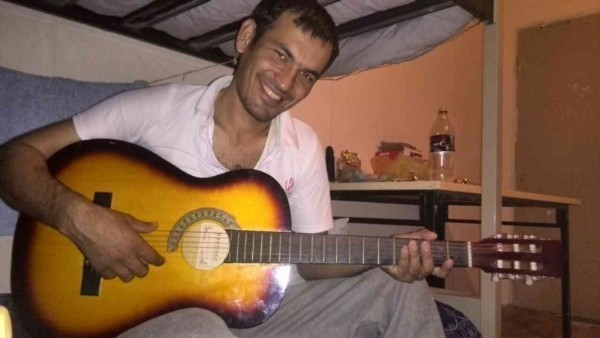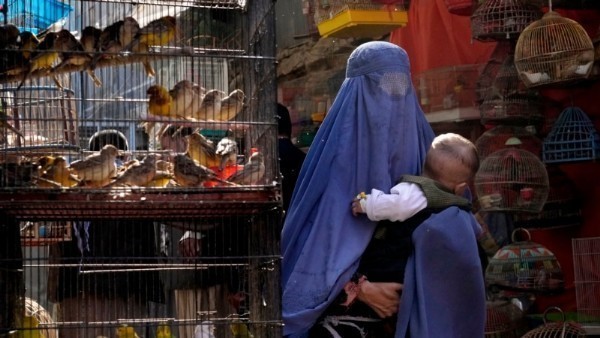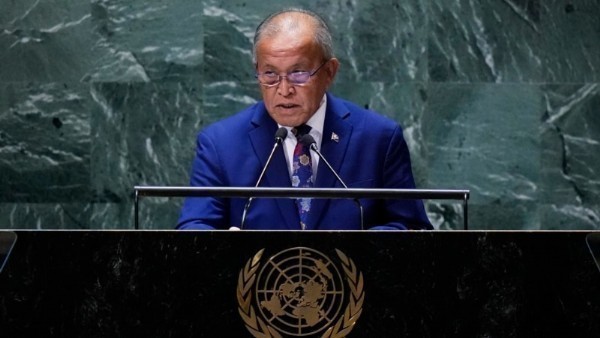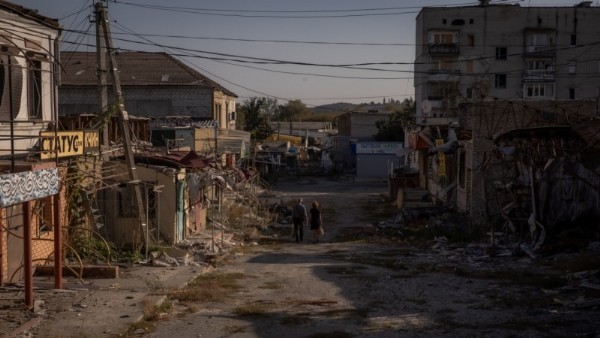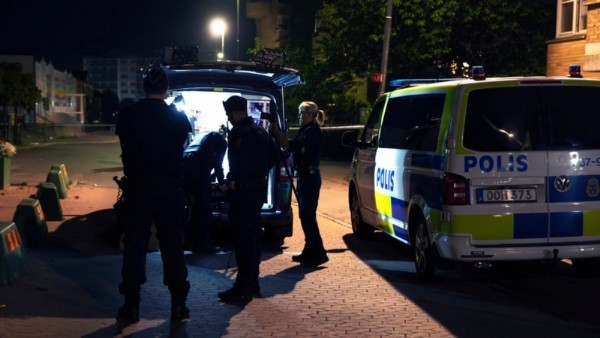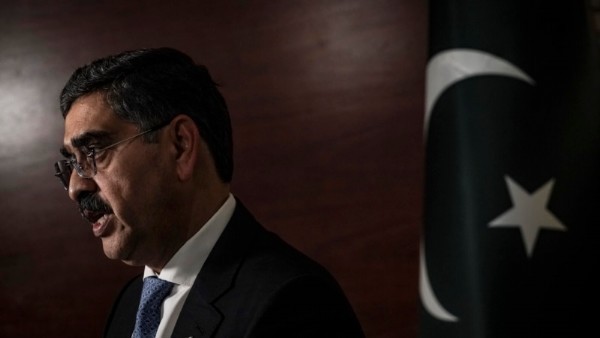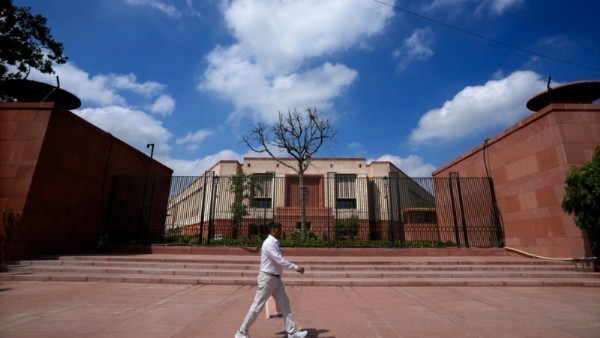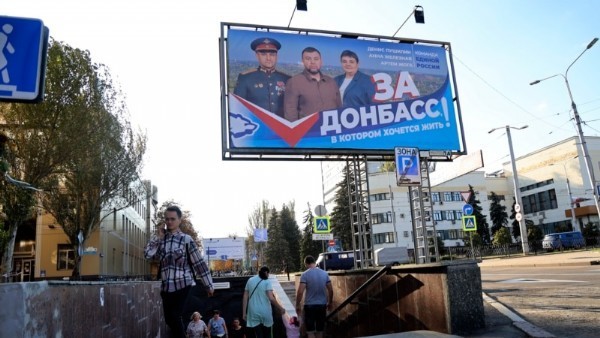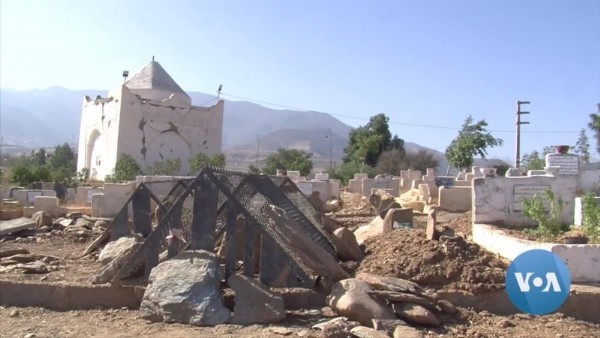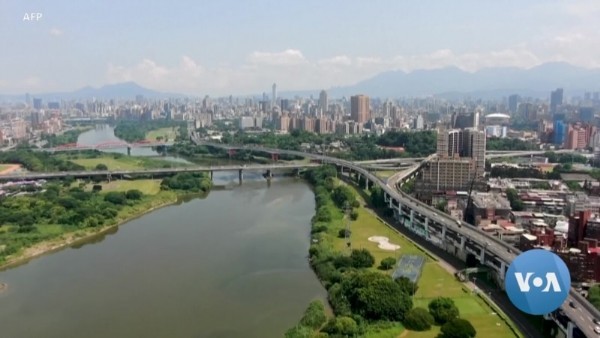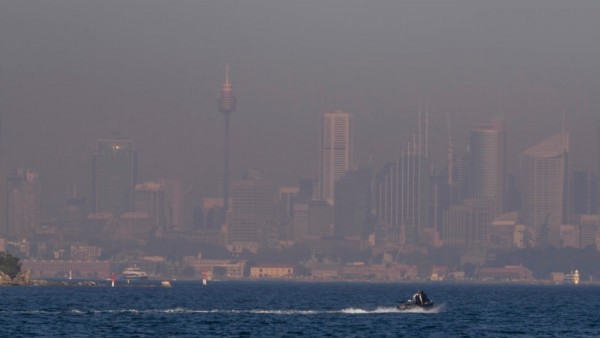Washington — The death of a former journalist who experienced beatings and inhumane treatment in prison shows the harassment that media workers and their families endure in Turkmenistan, analysts said.
Khudayberdy Allashov was 35 years old when he died in August, after what watchdogs said was eight years of persecution and physical assault by Turkmen authorities. No cause of death was listed on his death certificate.
“The beatings and torture that Allashov was subjected to and the impossibility of providing him with rehabilitation and medical care led to the death of a brave and honest man,” Farid Tuhbatullin, the head of the Turkmen Initiative for Human Rights, told VOA via email.
Known as one of the most closed-off countries, Turkmenistan has little space for independent reporting. Nearly all media outlets are state-owned, and ministries monitor content, according to watchdogs. Journalists such as Allashov who try to report independently — and their families — are subject to arrest and harassment, according to Reporters Without Borders, or RSF.
Azatlyk, which is run by VOA’s sister outlet Radio Free Europe/Radio Liberty’s Turkmen Service, provides a rare source of news.
When Allashov was initially detained in 2016, he had been working for Azatlyk for about three months.
That reporting was critical of the government, focusing on social problems such as food shortages, salary delays and forced labor, according to an Amnesty International report published at the time of Allashov’s first arrest.
“All of this is forbidden to be mentioned in the local media,” Tuhbatullin told VOA in an email.
“The very word ‘problem’ is taboo.” He, too, had been arrested and exiled from Turkmenistan.
Allashov, his mother and his wife were all arrested under charges of possessing chewing tobacco, a commonly used substance in Turkmenistan. There are no other known criminal charges of possessing chewing tobacco; the maximum punishment is typically a fine, Farruh Yusupov, director of Azatlyk, told VOA.
In captivity, Allashov was tortured with electric shock. The severity of the torture during Allashov’s 74-day arrest caused him to declare he would no longer work as a journalist.
But even after his release and quitting the profession, authorities continually detained and harassed him up until his death, journalists and experts who spoke with VOA said. He faced violent interrogations in 2019, 2020 and 2023.
“Authorities never left him or his family alone,” Yusupov told VOA. “They told him they would not relent until they chased him to his grave.
They were true to their promise.”
The Turkmenistan Embassy in Washington did not respond to VOA’s email requesting comment.
Despite having ceased his reporting, Allashov was denied any medical treatment due to his status as a target of the authorities, according to RSF. He leaves a wife and two children.
RSF condemned the targeted harassment of independent journalists.
“Allashov should never have lived through this nightmare,” Jeanne Cavelier of RSF said in a statement. “Under the Turkmen dictatorship, the lives of journalists and former journalists — and the lives of their families — continue to be at risk because of their work.”
Turkmenistan ranks 175 out of 180 countries on the RSF World Press Freedom Index, where 1 shows the best media environment.
“This is a country where the authorities can do anything to any citizen who expresses any form of dissent,” Gulnoza Said, a program coordinator at the Committee to Protect Journalists, told VOA.
Yusupov told VOA that while there are no “concrete numbers” available for how many journalists have been attacked by authorities, there are many well-documented instances.
In 2006, reporter Ogulsapar Muradova died in prison after being denied legal representation. The United Nations recognized the Turkmen government as the responsible party in her death. In 2013, authorities detained journalist Rovshen Yazmuhamedov without cause, according to RSF.
Most recently, in 2023, journalist Soltan Achilova was beaten by police officers and banned from leaving the country. Only a small number of independent journalists still operate in the country, and those who do all work under pseudonyms, said Tuhbatullin of the Turkmen Initiative for Human Rights.
Turkmen authorities also harass the families of journalists.
Allashov’s wife and mother were arrested with him in 2016, and his mother was detained for three months and beaten. She was taken in for questioning again in 2019, when she was beaten and passed away two days later from heart failure, according to Yusupov.
Authorities also harassed the mother of journalist Yazmuhamedov, banning her from leaving the country to see her other children.
“This is one of the tools authoritarian governments use to silence independent reporting,” Said told VOA.
The Committee to Protect Journalists has reached out to Turkmen authorities after every government attack on a journalist. The government has never responded, Said told VOA.
Yusupov told VOA that government repression “makes the work of journalists like Allashov even more important.”
“It’s important to tell the truth in the face of an oppressive regime and provide independent reporting to society,” he said..
- Air Canada, pilots’ union reach tentative agreement to [..]16 Saat, 26 Dakika önce 2 İzlenme
- A high-level US delegation in Dhaka to foster economic [..]17 Saat, 56 Dakika önce 2 İzlenme
- Pakistan braces for deadliest year for journalists, set[..]17 Saat, 56 Dakika önce 1 İzlenme
- Nightlife now rules in Iraq's former IS bastion18 Saat, 41 Dakika önce 1 İzlenme
- Brazilian dog plays footvolley by passing, driving ball[..]18 Saat, 41 Dakika önce 2 İzlenme
- Muralists paint over traces of violence in Salvadoran n[..]18 Saat, 41 Dakika önce 1 İzlenme
- Chainsaw art - turning tree stumps into masterpieces18 Saat, 41 Dakika önce 1 İzlenme
- Robot begins removing Fukushima nuclear plant’s melted [..]18 Saat, 26 Dakika önce 1 İzlenme
- Historians say increased censorship in China makes rese[..]18 Saat, 26 Dakika önce 1 İzlenme
- Storm, flooding death toll in Myanmar jumps to 7418 Saat, 26 Dakika önce 1 İzlenme
- 87 and hobbled, Pope Francis goes off-script in Asia an[..]18 Saat, 26 Dakika önce 2 İzlenme
- Shanghai braces for direct hit from Typhoon Bebinca18 Saat, 26 Dakika önce 1 İzlenme
- Tunisia’s presidential campaign season begins a day aft[..]19 Saat, 26 Dakika önce 1 İzlenme
- Meet straight man protesting Ghana's anti-LGBTQ bill19 Saat, 26 Dakika önce 1 İzlenme
- Guinea gives land to victims of forced evictions19 Saat, 26 Dakika önce 2 İzlenme
- More than 40 dead after river boat capsizes in Nigeria19 Saat, 26 Dakika önce 2 İzlenme
- Italian prosecutors seek 6-year sentence for Salvini in[..]20 Saat, 56 Dakika önce 1 İzlenme
- 8 migrants die in Channel crossing attempt, French auth[..]20 Saat, 56 Dakika önce 2 İzlenme
- 'Shame must change sides' — France's rape plaintiff bec[..]20 Saat, 56 Dakika önce 2 İzlenme
- NATO’s Bauer, others support Ukraine using long-range w[..]20 Saat, 56 Dakika önce 1 İzlenme

